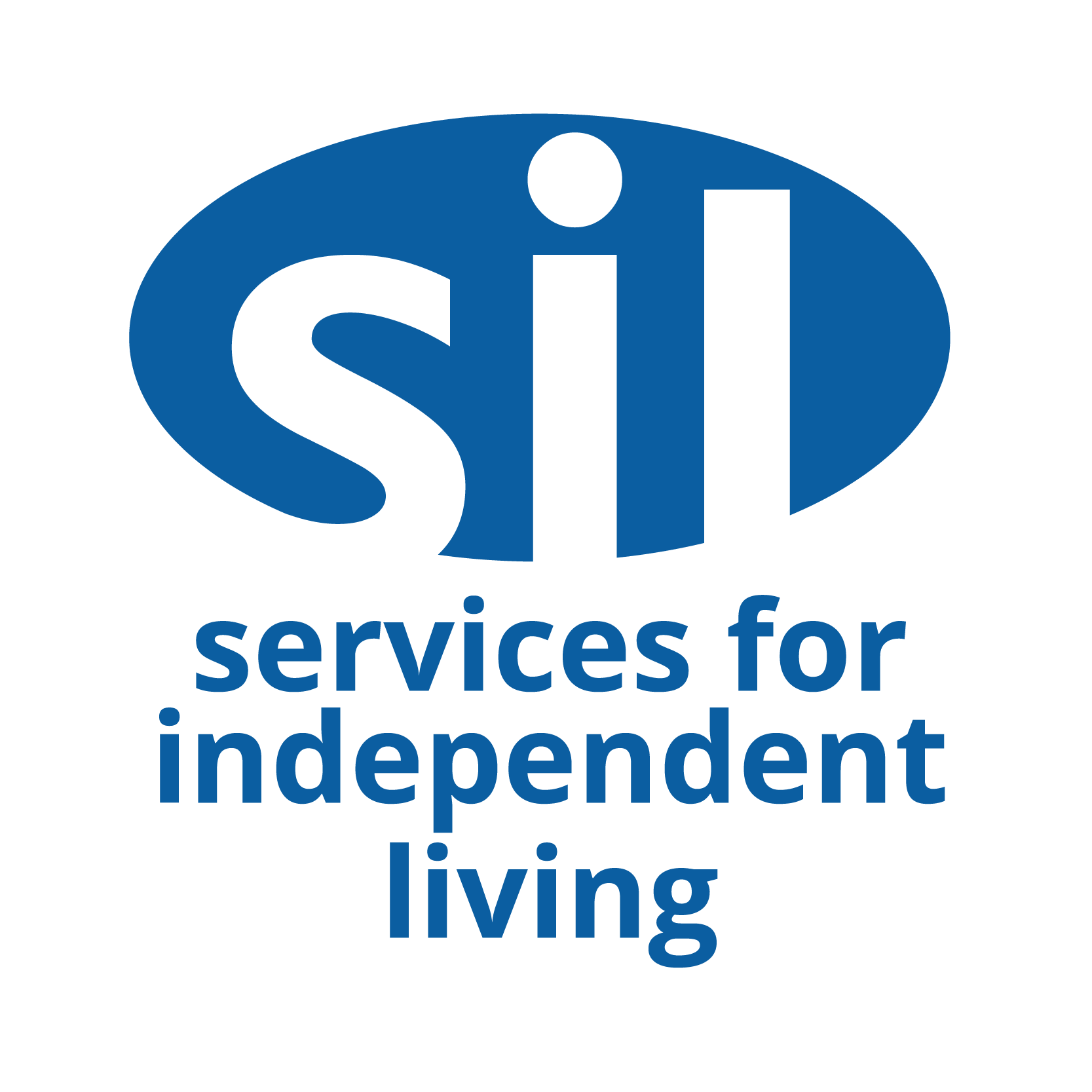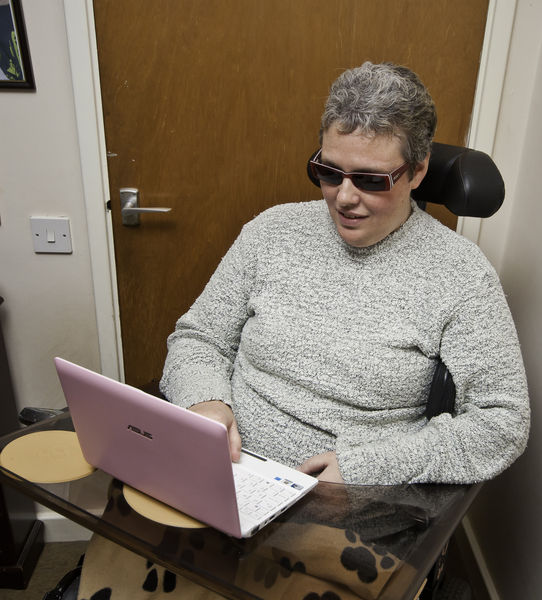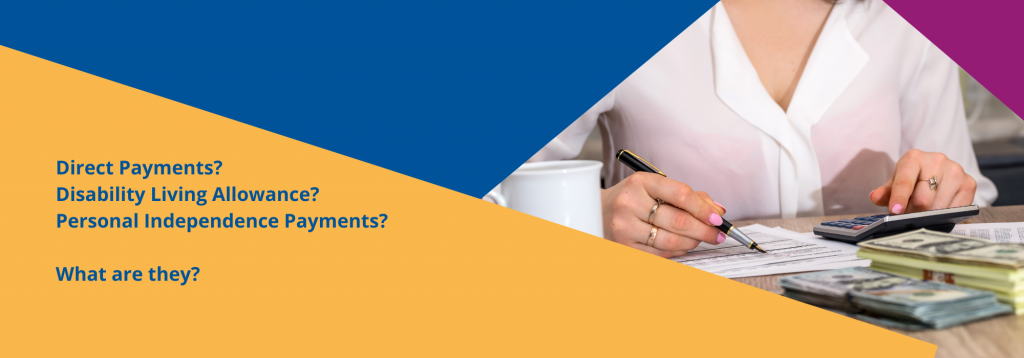
Services for Independent Living began as Herefordshire Centre of Independent Living (HCIL) in 1996 when a group of disabled people started campaigning for a pilot Direct Payment scheme in Herefordshire. This was an alternative to the provision of local authority provided social care.
…And so since 1996 our services have grown to support those who choose to be in control of their own care in receipt of a Direct Payment– spending their allowance on the care, support and activities that enrich their lives.
Our extensive experience and the fact that we are a local, non-profit making organisation, make us unique amongst the Direct Payment Support Organisations in Herefordshire.
We refer to our services as Direct Payment support; but we not only offer our services to support people in receipt of or thinking about taking a Direct Payment but further afield. If you choose to manage your own care, we are able to help you with the day-to-day management and financial administration that it encompasses.
Receiving direct payments is not for everyone as you do need to account for the money, organise your own care and ensure the bills are paid. However, if you prefer to have more choice over your care and support, we can help with this. And you don’t need to worry about our fees. If you are in receipt of a direct payment, our costs will be met by the authority supporting you.
Find out how we made a difference to one of our service users and her family in this short video:
Explore more about our services on our website or call us on 01568 616653. You can also contact us here






